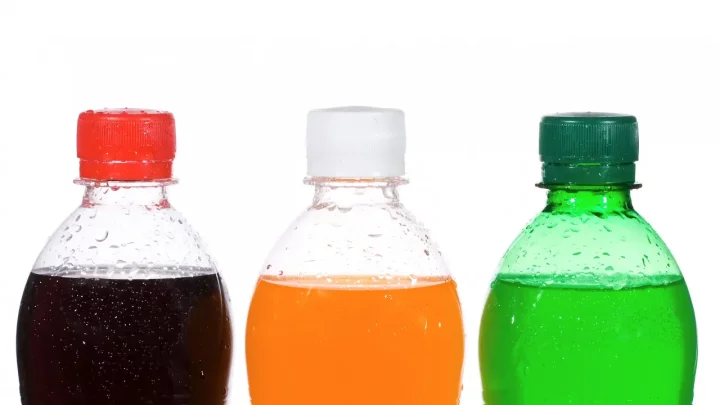
It could soon be the end of Brominated Vegetable Oil's (BVO) long association with the delicious fizz of soft drinks.
The Food and Drug Administration (FDA) has expressed concerns about potential consequences for consumers, which has prompted discussion of an outright ban.
The chemical complex known as BVO, which is primarily used as an emulsifier in the food industry to prevent flavouring oils from separating in soft drinks and other citrus-flavoured beverages, is derived from bromine, a naturally occurring component found in seawater.
Concerns over its safety have persisted for years, and several studies have suggested links between BVO use and thyroid issues, organ damage, and developmental abnormalities. Therefore, from the standpoint of safety, the FDA's proposed ban shows a rising movement towards openness and safety in food production, and the BVO ban is a first step towards a bigger discourse about food safety and transparency.
What could this ban mean, therefore, for the typical lover of soft drinks? Since BVO is no longer a popular option, it is anticipated that demand for safe, effective natural emulsifiers will increase. This might encourage innovation in the food science sector and result in the creation of new and superior alternatives.
Dr. Sarah Thompson, a food safety expert argued: "Consumer trust is paramount. By removing BVO, the FDA is sending a message that they prioritize the well-being of consumers. This is an opportunity for consumers to be more engaged in what they're putting into their bodies. By understanding ingredients and potential risks, consumers can make informed choices."
A food scientist Dr. Michael Chen, said, "Modern food science offers a wide range of safe and effective emulsifiers. Manufacturers can easily replace BVO without compromising the taste or quality of their products."
According to some experts, there might not be much of an impact on the flavour. Few contend that it's conceivable that clients won't even be aware that their preferred drinks have changed. Others counter that some citrus-flavoured beverages may need to be altered in response to the limitation, which might take some time and lead to a temporary shortage or limited choices on store shelves.
Making the transition from BVO to other emulsifiers might result in a small increase in manufacturing expenses for the soft drink manufacturers. It is yet unclear, though, whether these costs will lead to noticeably higher prices for consumers. Customer demand and competition in the market will most likely have a greater influence.
The FDA's decision on BVO is still pending and may not be effected until early 2025. Public hearings and industry feedback will be considered before a final ruling is issued. If the ban is implemented, manufacturers will have a grace period to adjust their formulations.
So, for the average soda drinker, the immediate impact might be negligible. Many major beverage companies have already phased out BVO in recent years, opting for safer alternatives like gum arabic or vegetable gums. Consumers are unlikely to notice a significant difference in the taste or texture of their favorite sodas.
However, the BVO ban could have some broader implications. It is just one piece of a much larger conversation about food safety and consumer choice. As consumers become more informed about the ingredients in their food, the demand for transparency and natural options is likely to continue. This puts pressure on manufacturers to prioritize the health and well-being of their customers.
The bottom line is that the potential BVO ban is a move towards increased transparency and safety in food production. While some temporary disruptions might occur, consumers can expect minimal impact on the taste and availability of their favorite drinks. This decision paves the way for a more informed and conscious approach to what we consume.
Although the BVO ban may not seem like much, it is part of a bigger movement in the direction of a more sustainable and ethical food business. In the end, this helps customers by enabling them to make better decisions and increasing their level of confidence in the consumer products they utilize.
















Comments